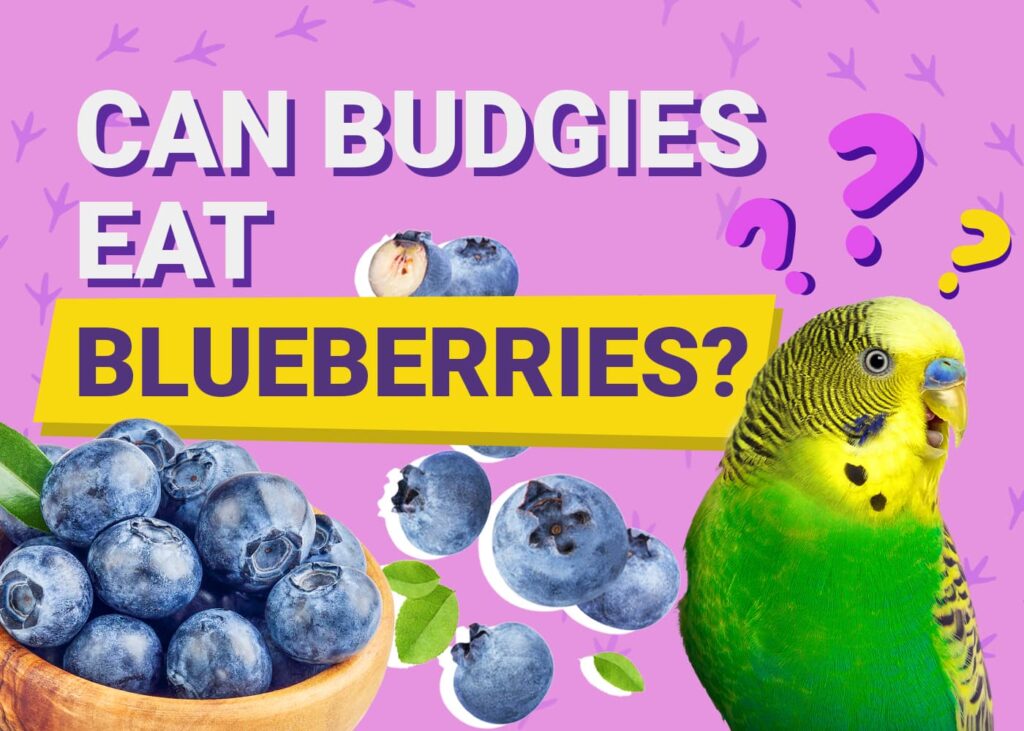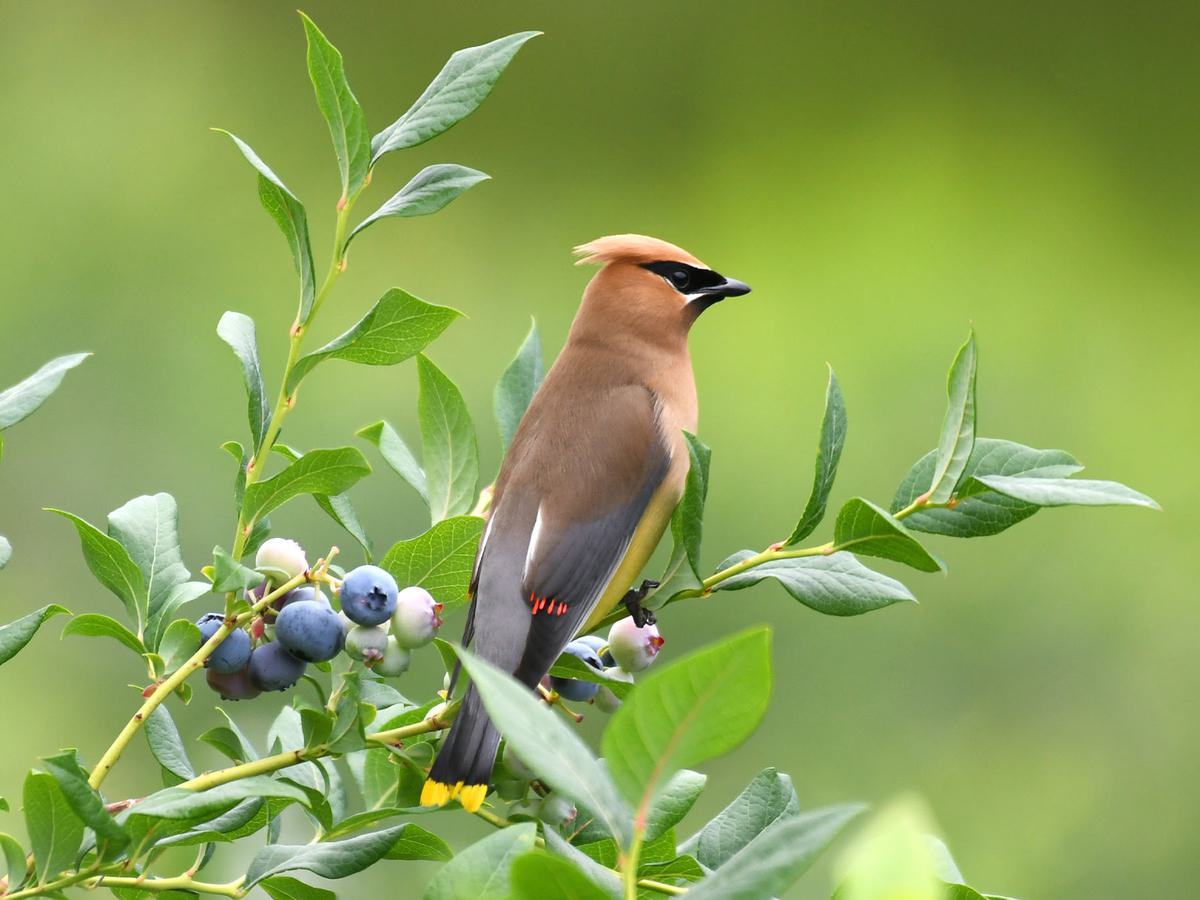Are Blueberries Good for Birds?
When pondering the dietary needs of our feathered friends, many pet owners and bird enthusiasts often wonder about the inclusion of various fruits in their diet. Among these, blueberries are a popular choice, celebrated for their vibrant color and delicious taste. But the central question remains: are blueberries good for birds? Let’s explore this topic in depth, considering the nutritional benefits, potential risks, and how to best incorporate these berries into a bird’s diet.

Blueberries are renowned for being antioxidant powerhouses. These small berries are packed with Vitamins C and K, fiber, and manganese which support the immune system, bone health, and act as cancer preventives. For birds, these antioxidants can help to mitigate cellular damage, combating the effects of aging and strengthening their natural defenses.
However, despite their nutritional allure, there are considerations to keep in mind. While blueberries offer incredible health benefits, they shouldn’t replace a bird’s regular diet entirely. Birds require a balanced intake of various nutrients, and although blueberries are beneficial, overfeeding can lead to an imbalance:
- Digestive Issues: A sudden or excessive introduction of blueberries might lead to digestive problems for some birds, due to their high fiber content.
- Pesticide Exposure: One should always ensure that the blueberries given to birds are organic, or at least thoroughly washed to avoid pesticide ingestion.
- Diabetes Risk: For species prone to sugar-sensitive conditions, the natural sugars in blueberries could be a concern.
To integrate blueberries into a bird’s diet in a healthy way:
- Moderation is Key: Serve blueberries in small servings, ensuring they’re part of a diet that includes other bird-safe fruits, grains, seeds, and proteins.
- Observe Reactions: Monitor your bird for any signs of digestive distress or changes in eating habits when introducing new foods.
- Supplement Properly: Use blueberries to complement the diet, not to dominate it. A mix of fresh produce, seeds, and commercial bird food will ensure a well-rounded diet.
Various bird species might react differently to blueberries. Smaller birds like finches and canaries can consume mash or pureed forms of the fruit, while larger birds such as parrots or macaws might enjoy the berries whole.
For wild birds, consider the following:
- Bird Feeders: Blueberries can be included in bird feeders, offering a natural treat alongside other foods, but ensure they don’t spoil in the wild.
- Garden Snacks: Providing blueberry bushes can be a delightful surprise for visiting or resident birds, enhancing the ecosystem in your garden.
In essence, blueberries can be a fantastic addition to a bird’s diet when given thoughtfully. Their rich content of beneficial vitamins and antioxidants aligns well with a bird’s natural dietary needs, enhancing their health and vitality.
For those keen on offering their pet or wild birds the best, remember the value of variety and balance. Nutrition for birds isn’t just about what’s tasty; it’s about serving foods that contribute to their well-being in the long run. By integrating blueberries with other dietary essentials, you ensure that these colorful visitors and friends of ours thrive both physically and in spirit.
So, when considering whether blueberries are good for birds, the answer leans towards a strong ‘yes’, but with the golden rule of balance. Ensuring that blueberries are part of a nutritious, varied diet will help your avian companions to lead a robust, vibrant life.




